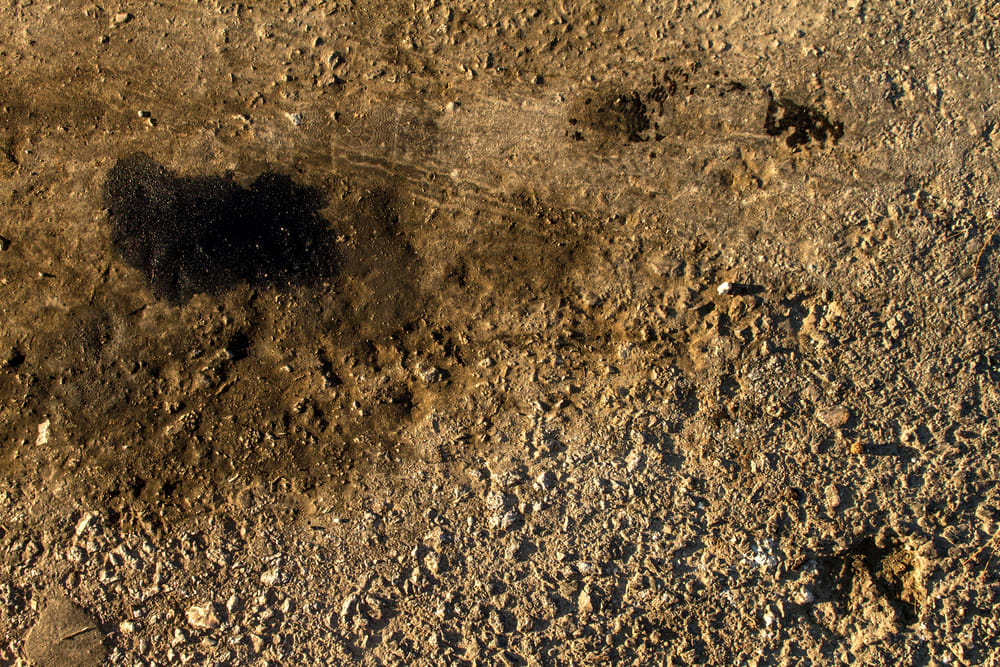

While diesel engines aren’t as popular in the US as they are in the UK and Europe, they do have their adherents, most notably in the heavy-duty truck sector. Diesel systems are very different from their gasoline counterparts, and that includes the fears about a fuel leak. Is it safe to drive with a diesel leak? It depends.
Some things to watch out for include:
Flash Point: Both diesel and gasoline ignite. Both types of fuel burn inside the engine – that’s what creates the combustion necessary to move your vehicle. However, diesel has a very high flash point when compared to gasoline, hence the much higher compression needed for these engines.
Little Fear of Fire Hazards: Because diesel has such a high ignition point, there’s little to worry about in terms of a fire hazard from a fuel leak. The real issue is corrosion and damage to plastic and rubber components. Diesel is heavily oil-based, which means that it is corrosive. If the leak continues unabated for too long and drips onto rubber or plastic parts, it can cause significant damage. So, the location of the leak should be considered.
For instance, if the car is leaking from an injector and the fuel is running down and dripping on a CV boot, it will corrode the rubber and you’ll end up needing to replace the boot, too (and the CV joint if the problem goes unchecked for long enough that the joint is contaminated and damaged).
Severity of the Leak: You’ll need to consider the severity of the leak. In a worst-case scenario, you’ll lose more fuel than you can afford due to the leak (which can leave you stranded if the tank runs low).
Inspection and Repair: While the chance of experiencing a fire because of a diesel leak is much lower than with a gasoline engine, it’s still not a good idea to drive the vehicle too much. You’d most likely be safe driving a short distance, but it should be inspected and repaired as soon as possible.
While a diesel fuel leak might not be the fire hazard a gasoline leak is, it’s still a concern. You can probably drive for a short distance, but it should be limited.



